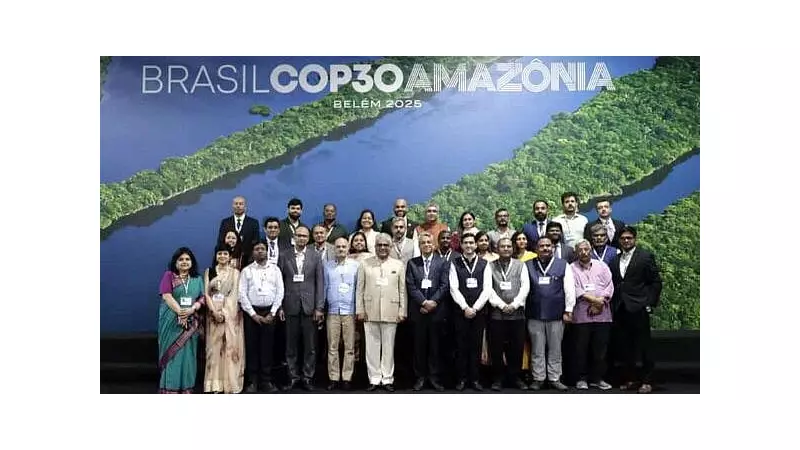
The crucial COP30 climate summit negotiations have stretched into overtime as European Union representatives raised strong objections against the proposed final agreement. The dramatic development unfolded on November 22, 2025, when the scheduled conclusion of the international climate conference was disrupted by last-minute disagreements.
EU Stands Firm Against "Unbalanced" Proposal
The Brazilian presidency, which is leading the climate talks, found itself in a challenging position trying to broker a compromise that would satisfy all parties. Most of the 200 nations attending the summit were prepared to accept the proposed deal, but the European Union delegation remained steadfast in their opposition.
According to sources familiar with the negotiations, the EU representatives characterized the proposed agreement as "unbalanced" and insufficient to address the urgent climate crisis. This objection came as a significant setback to the Brazilian presidency's efforts to conclude the summit with a consensus-based outcome.
Brazil's Diplomatic Challenge
The Brazilian negotiating team has been working tirelessly behind the scenes to find common ground between the European Union and other participating nations. The deadline for the summit's conclusion has officially passed, yet discussions continue as diplomats work through the night to salvage a workable agreement.
This extension of talks marks another chapter in the complex history of international climate negotiations, where last-minute objections have often delayed or weakened potential agreements. The current impasse highlights the ongoing challenges in balancing the diverse interests and priorities of developed and developing nations in the global climate dialogue.
Global Implications of the Deadlock
The failure to reach a timely agreement at COP30 could have significant consequences for global climate action. With climate change impacts becoming increasingly severe worldwide, the pressure on world leaders to deliver meaningful progress has never been higher.
Environmental organizations and climate activists are closely monitoring the situation, expressing concern that any dilution of the agreement could undermine international efforts to limit global warming to 1.5 degrees Celsius above pre-industrial levels, as outlined in the Paris Agreement.
As the negotiations continue into overtime, all eyes remain on the Brazilian presidency's ability to bridge the gap between the European Union's concerns and the positions of other nations. The outcome of these extended talks will likely shape the direction of global climate policy for years to come.





